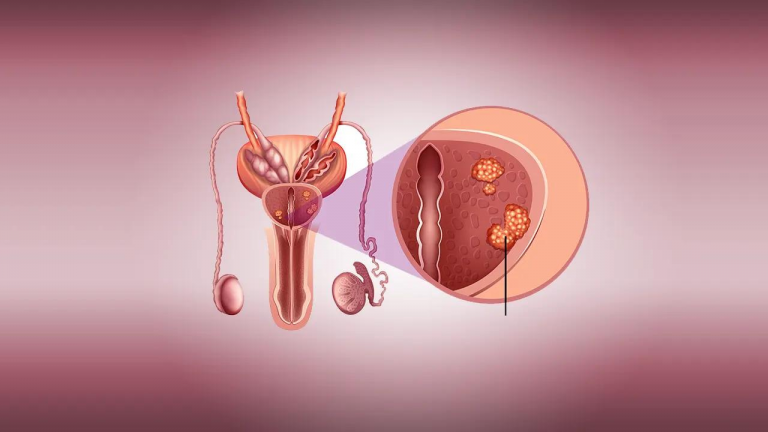Drinking Too Much Tea

Tea is one of the world’s most beloved beverages.
The most popular varieties are green, black, and oolong all of which are made from the leaves of the Camellia sinensis plant.
Few things are as satisfying or soothing as drinking a hot cup of tea, but the merits of this beverage don’t stop there.
Tea has been used for its healing properties in Traditional medicine for centuries. Moreover, modern research suggests that plant compounds in tea may play a role in reducing your risk of chronic conditions, such as cancer, obesity, diabetes, and heart disease.
Though moderate tea consumption is a very healthy choice for most people, exceeding 3–4 cups (710–950 ml) per day could have some negative side effects.
Here are the side effects of drinking too much tea.
Side effect of drinking too much tea
Drinking too much tea every day isn’t such a good idea for some people. That’s because tea contains tannins, a compound found in tea leaves that is extremely acidic. When consumed on an empty stomach or in excess, tannin can screw up your stomach tissue and can leave your belly in pain. Tea tannin may cause nausea, especially if you consumed it on an empty stomach. They may also hinder your body’s ability to absorb iron from certain foods. To get the most benefit from tannin-rich tea, consume it separately from foods containing iron, and make sure you drink it in moderation.
Reduced iron absorption
Tea is a rich source of a class of compounds called tannins. Tannins can bind to iron in certain foods, rendering it unavailable for absorption in your digestive tract.
Iron deficiency is one of the most common nutrient deficiencies in the world, and if you have low iron levels, excessive tea intake may exacerbate your condition.
If you have low iron but still enjoy drinking tea, consider having it between meals as an extra precaution. Doing so will make it less likely to affect your body’s ability to absorb iron from your food at mealtimes.
Tannins found in tea can bind to iron in plant-based foods, reducing the amount that you’re able to absorb in your digestive tract. If you have low iron, drink tea between meals.
Increased anxiety, stress, and restlessness
Tea leaves naturally contain caffeine. Overconsuming caffeine from tea, or any other source, may contribute to feelings of anxiety, stress, and restlessness.
Black teas tend to contain more caffeine than green and white varieties, and the longer you steep your tea, the higher its caffeine content.
If you notice your tea habit is making you feel jittery or nervous, it could be a sign you have had too much and may want to cut back to reduce symptoms.
Overconsuming caffeine from tea may cause anxiety and restlessness. If you notice these symptoms, reduce your tea intake or try substituting with caffeine-free herbal teas.
Poor sleep
Excess caffeine intake from tea may reduce melatonin production and disrupt sleep patterns.
Nausea
Tannins in tea leaves are responsible for the bitter, dry taste of tea. The astringent nature of tannins can also irritate digestive tissue, potentially leading to uncomfortable symptoms, such as nausea or stomach ache.
Tannins in tea may irritate digestive tissue in sensitive individuals, resulting in symptoms like nausea or stomach ache.
Heartburn
The caffeine in tea could cause heartburn or exacerbate preexisting acid reflux due to its ability to relax the lower esophageal sphincter and increase acid production in the stomach.
Pregnancy complications
Overexposure to caffeine from tea during pregnancy may contribute to complications, such as miscarriage or low infant birth weight. Herbal teas should also be used with caution, as some ingredients may induce labor.
Headaches
Intermittent caffeine intake may help relieve certain types of headaches. However, when used chronically, the opposite effect can occur
Routinely consuming excessive amounts of caffeine from tea could contribute to chronic headaches.
Dizziness
Large doses of caffeine in tea can cause dizziness. This particular side effect is less common than others and usually only occurs if your intake exceeds 6–12 cups (1.4–2.8 liters).
Caffeine dependence
Even small amounts of regular tea intake could contribute to caffeine dependence. Withdrawal symptoms include fatigue, irritability, and headaches.
Some Facts
Tea is one of the most popular beverages in the world. It’s not only delicious but also linked to numerous health benefits, including reduced inflammation and a lower risk of chronic disease.
Though moderate intake is healthy for most people, drinking too much could lead to negative side effects, such as anxiety, headaches, digestive issues, and disrupted sleep patterns.
Most people can drink 3–4 cups (710–950 ml) of tea daily without adverse effects, but some may experience side effects at lower doses.
Most of the known side effects associated with drinking tea are related to its caffeine and tannin contents. Some people are more sensitive to these compounds than others. Thus, it’s important to pay attention to how your tea habit may be affecting you personally.
If you’re experiencing any side effects that you think could be related to your tea intake, try gradually cutting back until you find the level that is right for you.
If you’re unsure how much tea you should be drinking, consult your healthcare provider.



